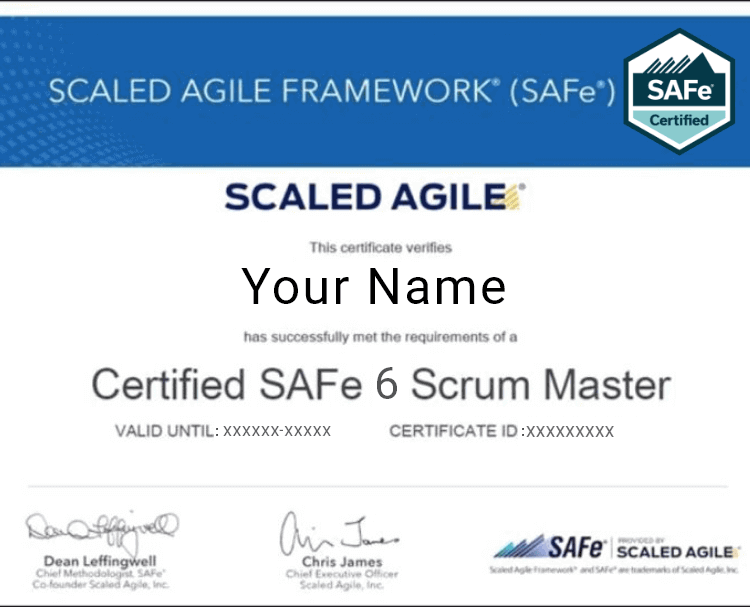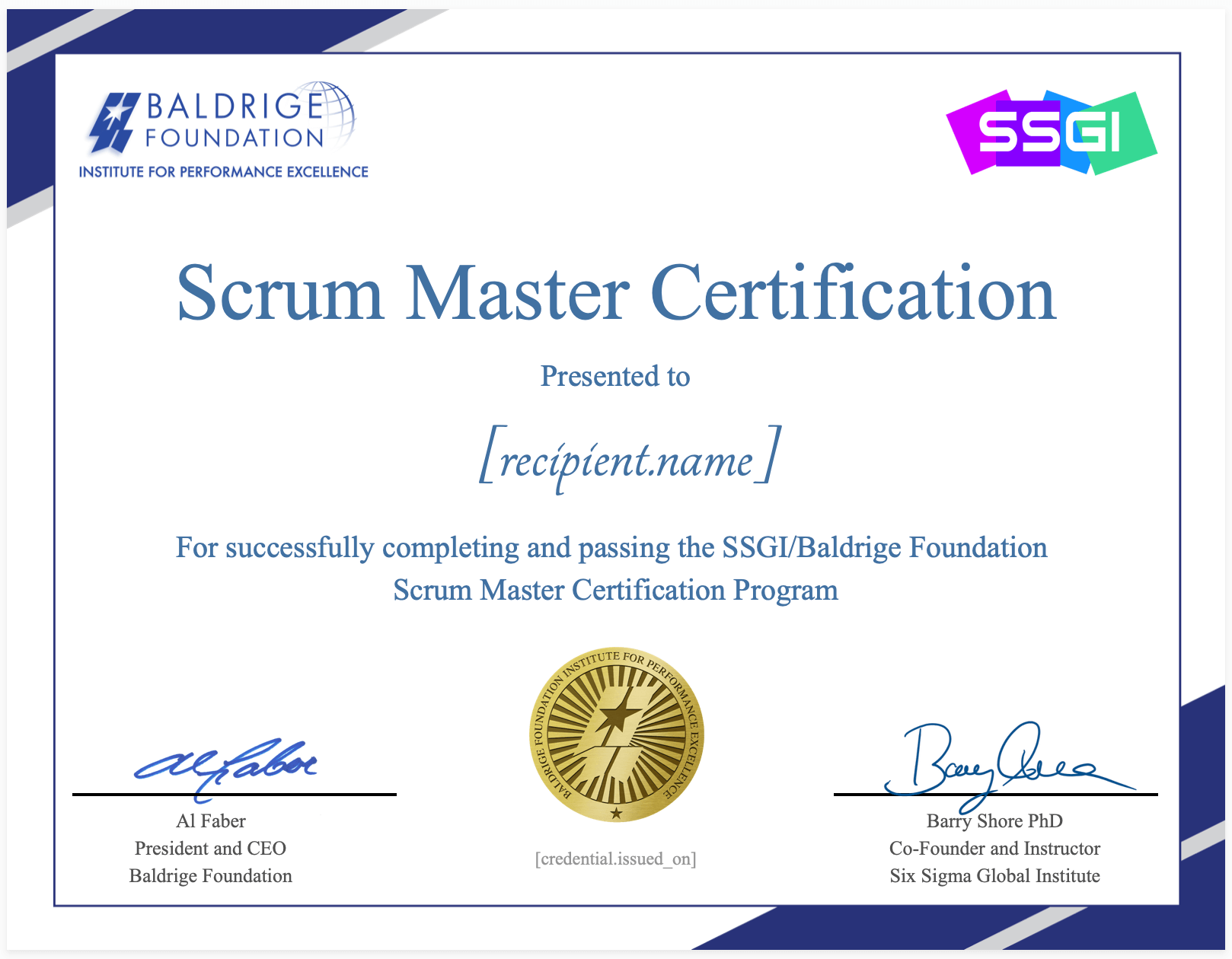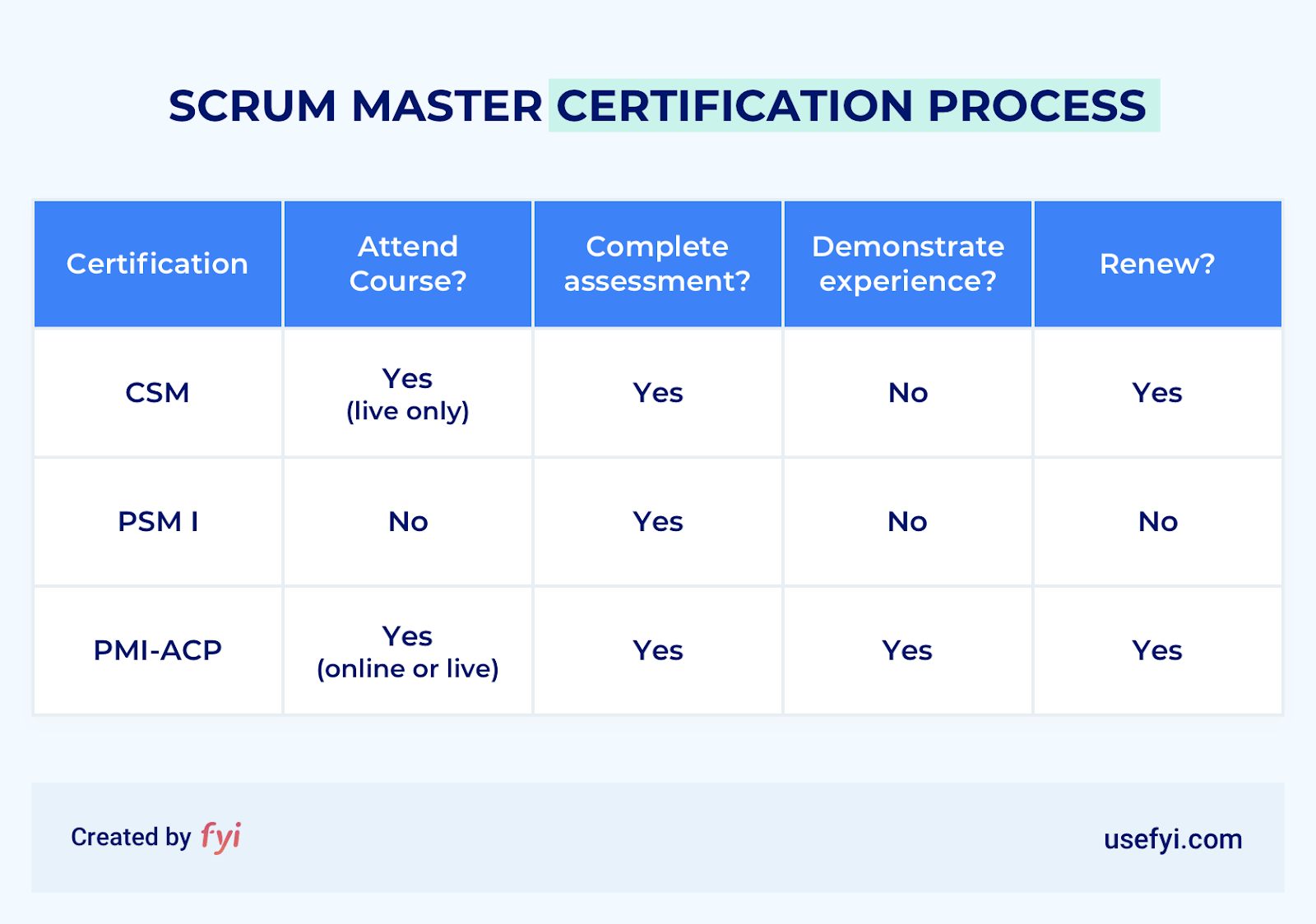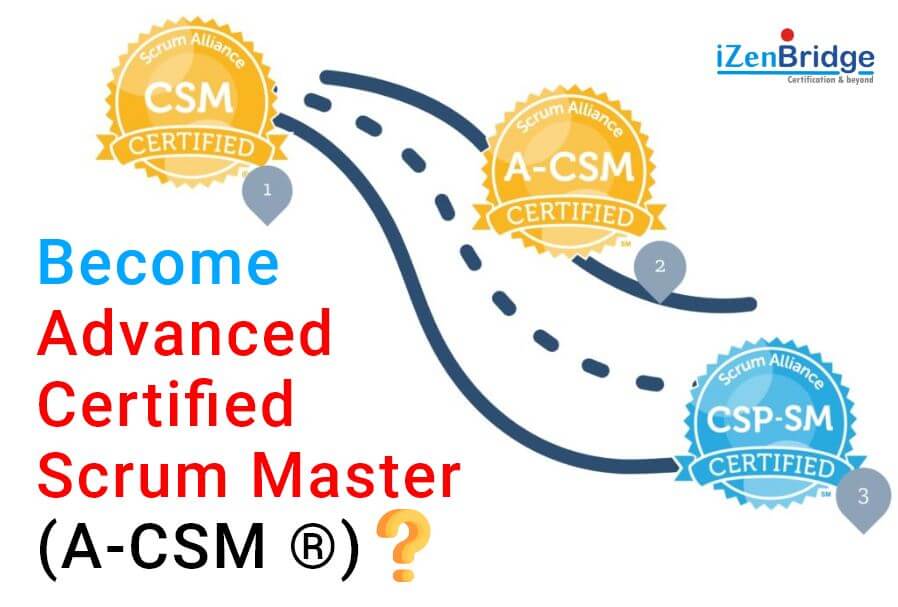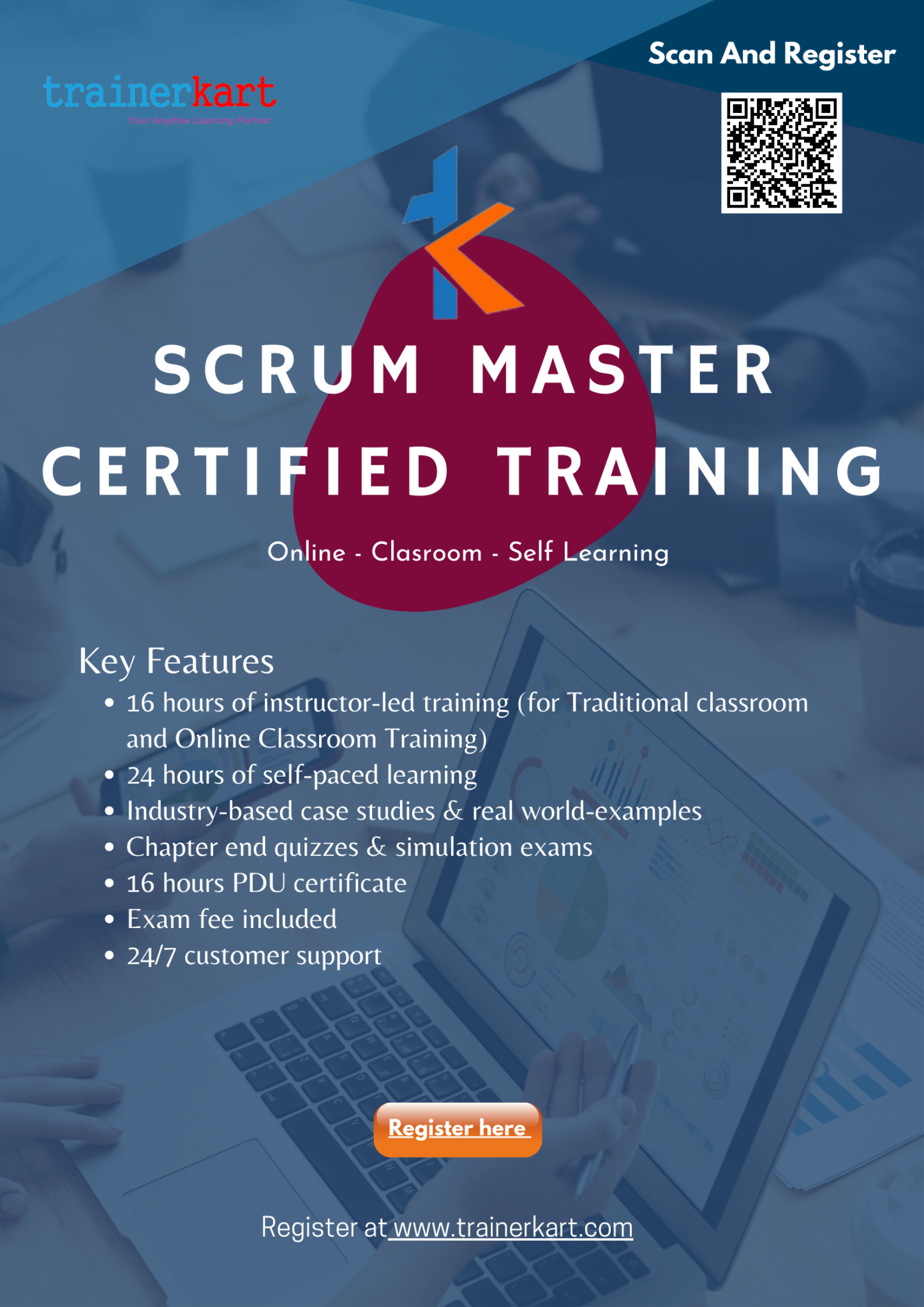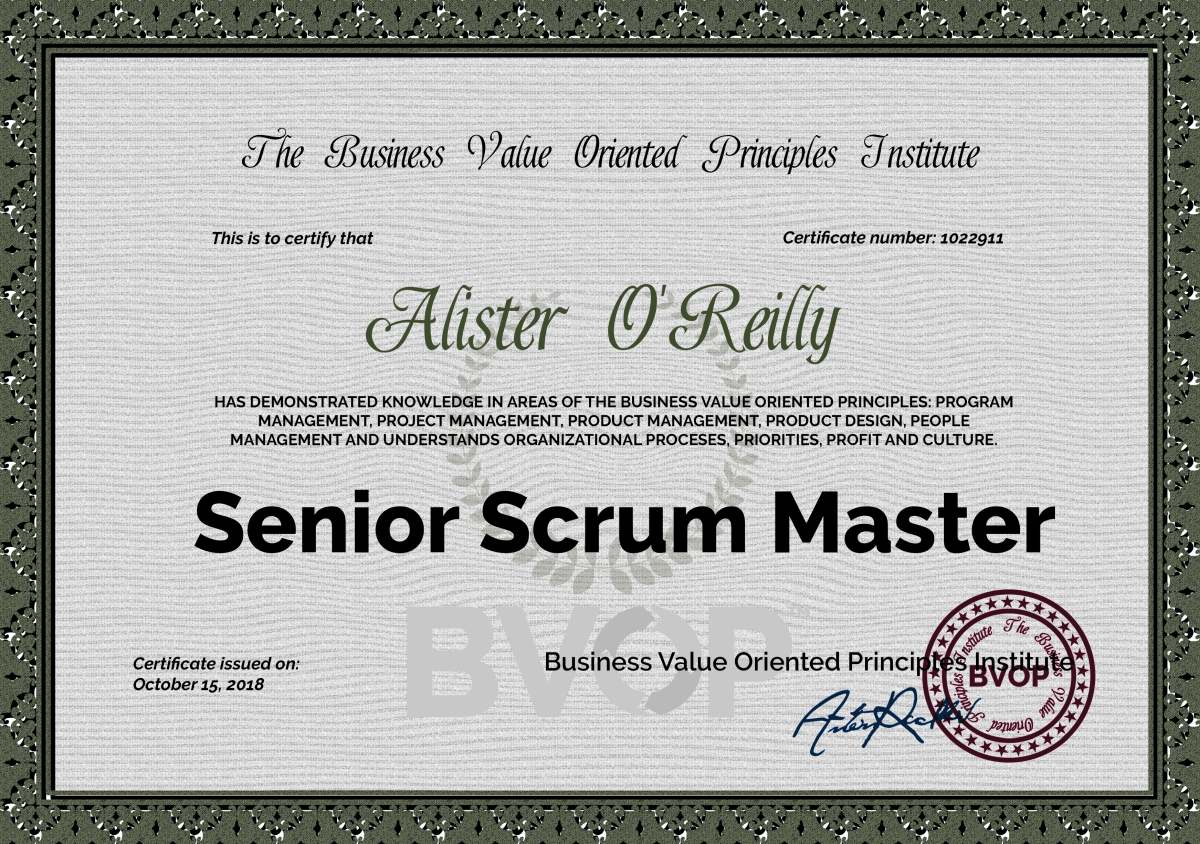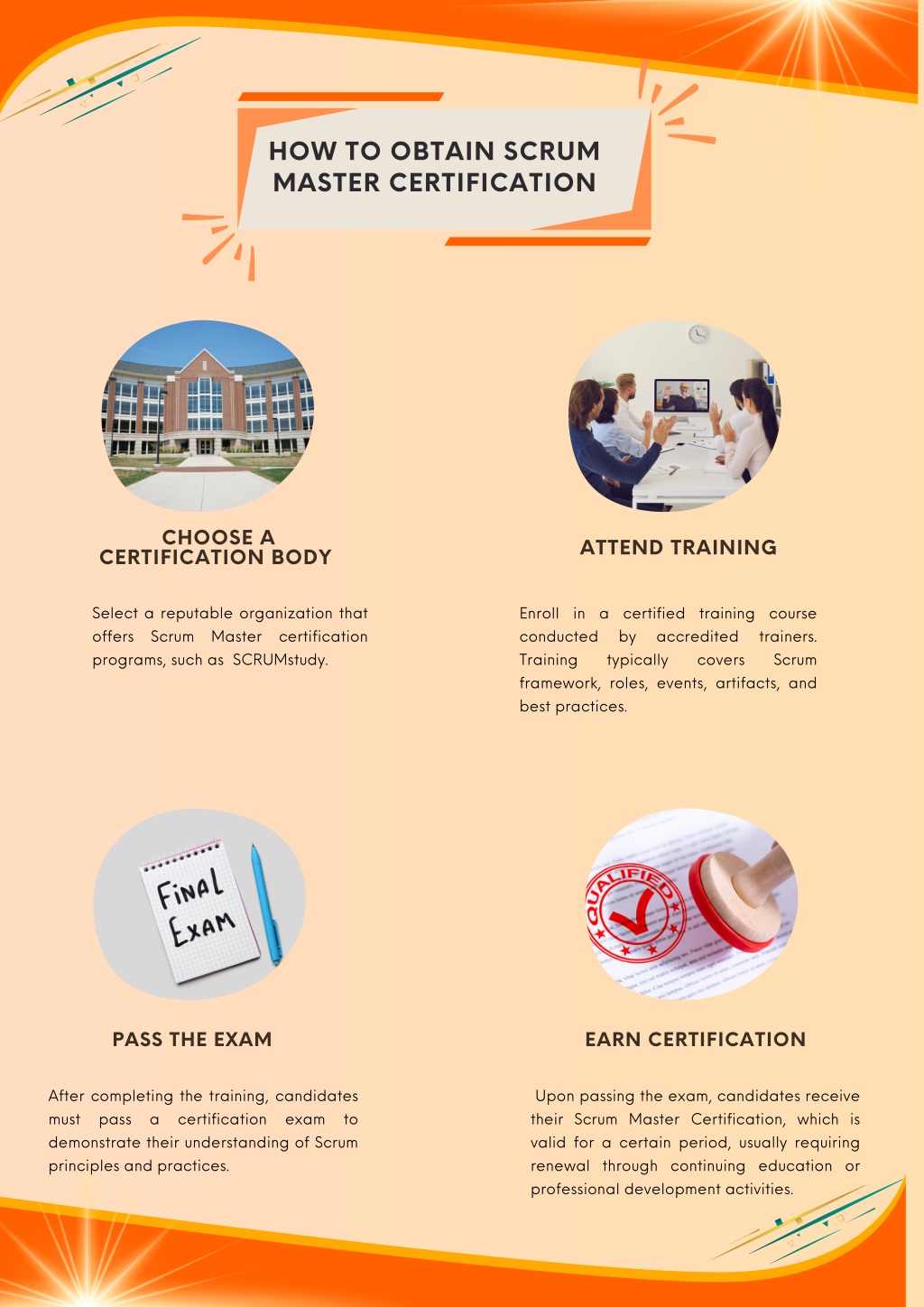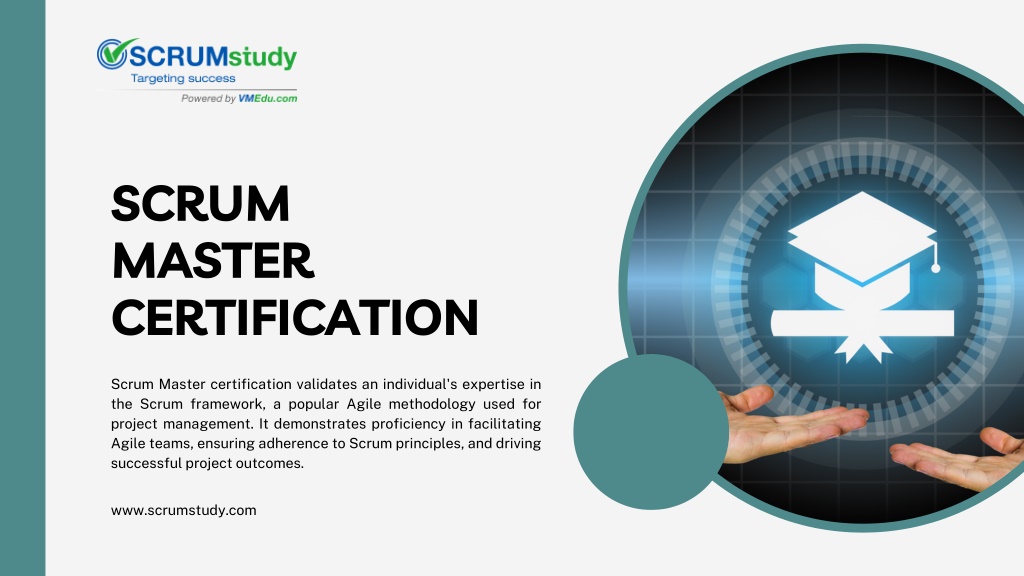How To Renew Scrum Master Certification

Time is running out for Scrum Masters with expiring certifications! Renew now to maintain your credentials and stay ahead in the agile field.
This article provides a concise guide on how to navigate the renewal process, ensuring your Scrum Master certification remains valid and your expertise recognized.
Understanding the Renewal Process
The process for renewing your Scrum Master certification depends on the certifying body you initially obtained your credential from. The two primary organizations are Scrum Alliance and Scrum.org.
Scrum Alliance Renewal
If you hold a certification from Scrum Alliance (e.g., CSM, CSPO, CSD), renewal requires earning Scrum Education Units (SEUs) and paying a renewal fee.
The number of SEUs needed varies by certification. For Certified ScrumMasters (CSM), you generally need 20 SEUs every two years.
SEUs can be earned through various activities like attending webinars, conferences, reading books, and participating in agile coaching sessions. Ensure your activities are pre-approved by Scrum Alliance.
Visit the Scrum Alliance website for detailed guidelines and approved SEU-earning opportunities. Don't delay, or you will have to retake the test.
Scrum.org Renewal
Scrum.org certifications (e.g., PSM, PSPO, PSD) typically do not require periodic renewal in the traditional sense.
Instead, Scrum.org emphasizes continuous learning and encourages professionals to pursue higher-level certifications to demonstrate ongoing expertise.
Consider advancing to the next level of certification (e.g., PSM II, PSM III) to validate your skills and knowledge continually.
While your initial Scrum.org certification doesn't expire, actively engaging in the Scrum community and seeking advanced certifications are highly recommended. Do not let your knowledge fall behind, continue practicing
Key Renewal Tips
Start the renewal process well in advance of your certification's expiration date. Don't wait until the last minute!
Document all SEU-earning activities meticulously to ensure accurate reporting to the Scrum Alliance. Keep an accurate log.
Explore various options for earning SEUs to find activities that align with your interests and professional development goals. There are many free webinars available.
Understand the specific renewal requirements for your certification level and certifying body. Every certification has its own set of requirements.
Budget for the renewal fee, which varies depending on the certification and certifying organization. Be sure to consider this in your budget and planning.
Consequences of Not Renewing
Failing to renew your Scrum Master certification can lead to its expiration. Avoid a gap in credentials.
An expired certification might impact your credibility and career opportunities within the agile community. Your credibility is at stake.
In some cases, you may need to retake the certification exam if your certification lapses. This will take up more of your time and money.
Staying Updated
Keep abreast of any changes to the renewal policies and requirements of your certifying body. Stay up to date!
Subscribe to newsletters and follow official social media channels for the latest updates. This will help you stay on top of new policies.
Participate in online forums and communities to connect with other Scrum professionals and share insights on the renewal process. Exchange tips and ask questions in these forums.
Next Steps
Visit the official websites of Scrum Alliance or Scrum.org immediately to review your certification status and initiate the renewal process.
Don't delay – take action now to maintain your Scrum Master certification and continue your agile journey.
Your commitment to continuous learning and professional development is crucial for success in the dynamic field of Scrum. Your success is important.
